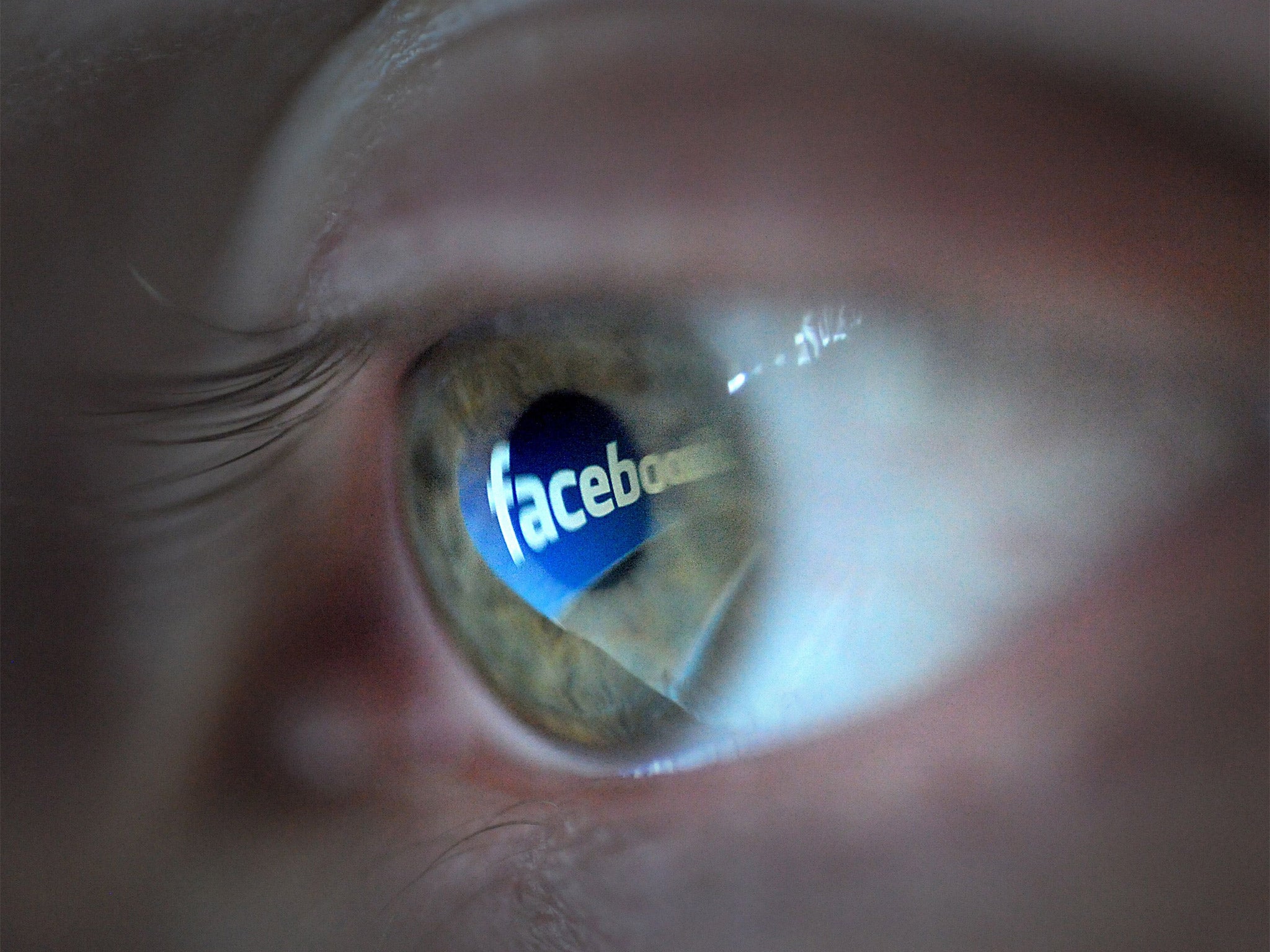Rapid digital technology advancement is significantly impacting young people, socially and economically
'Personally, the idea of young people preferring to socialise over Facebook rather than down the pub is pretty embarrassing'

Barely a week goes by without the release of a new device or app you might feel obligated to try, or a new ‘thing’ that takes up yet more time you could spend doing more productive tasks. Having been born in the 90s, like a lot of other people, I’ve grown up with new tech relentlessly sprouting up.
As an English lit student, I sometimes struggle to concentrate on a novel for longer than six minutes. Six minutes. Student or not, I’m undoubtedly not the only person to have this attention span problem. Engadget recently reported on a study which suggested the average attention span has fallen since the start of the century. While people could focus on a task for 12 seconds back in 2000, that figure dropped to around eight seconds in 2013.
Would life be better without all this new digital technology? Would life be better without the bottomless pit of dull nonsense that is your Twitter feed? Probably not. We can lash back at new digital tech all we want, but it’s difficult to imagine a future where we’re less dependent on it. Plus, it’s pretty easy to take it all for granted.
There are certain things that might irritate us about new digital tech and social media (i.e. that one person on Facebook who really loves horses), things our parents never had to deal with when they were younger. Still, though, I, for one, wouldn’t have it any other way. Furthermore, as reported by Engadget, there are a lot of benefits to new tech as well, as it it appears to improve your abilities to both multitask and concentrate in short bursts.
According to Ofcom, young people aged 16 to 24 spend more than 27 hours online every week. With laptops, tablets, and phones, new technology has made it easier than ever to be online. Over the next decade, this is likely to increase. However, it begs the question: is technology having derisive effects on our health?
The Mental Health Foundation has said it is “too early” to say whether technology is changing our core ability to relate to others, adding: “But soon enough to conclude that while it facilitates relationships, real and virtual, technology is no substitute for the human interaction that is a buffer against loneliness.”
Even if two thirds of young people find online communication easier than face-to-face interaction, more than a third of them also find new technology to have an isolating effect on their lives. Furthermore, teenagers who engage with social media during the night could be damaging their sleep and increasing their risk of depression and anxiety.
And there’s more. Fairly recently, the ONS released new data suggesting young people prefer to socialise via Facebook and Snapchat, rather than face-to-face. Look further back, and there were reports from Oxford University’s Internet Institute claiming social media has made young people more selfish.
It’s too simplistic to say that technology is either ‘good’ or ‘bad’ for young people. It’s very difficult to provide a definitive answer about whether technology is changing us for the worse. Everybody uses technology for different periods of time, and every individual uses technology differently. Therefore, the effects of technology will differ from person to person.
But, if we are to believe anyone trying to shine a light on the issue, we just need to make sure we don’t overdose on online. We need to take care of ourselves. Who knows what this is doing to us in the long-term. What will 50 years of social media usage do to us?
But let’s circle back to the data released by the ONS - if it’s a realistic representation of young people today, then this shows us how digital technology has changed the way we do the most basic of things: talking to each other. Which is almost similar to how Tinder is changing how we try to get laid. It’s something that is truly unique to our generation. All of this - it’s happening to us first.
Personally, the idea of young people preferring to socialise over Facebook rather than down the pub is pretty embarrassing. I don’t believe the ONS’s suggestion is indicative of young people at all. But, just imagine if the ONS is right. Imagine if the statistics were an accurate reflection of the reality of social interaction between young people today. It would be like living in a dystopia. A land where there aren’t designated quiet carriages on trains anymore because every train carriage is quiet. People are sat there with their phones, their tablets, their virtual reality headsets. Nobody speaks to you because they’re all too busy getting a virtual reality curry with Danny Ings in Yukti. Imagine.
All joking aside, though, the pace of new information and the rapid development of new technologies is surely set to increase and intensify. Whatever happens next, the effects will have a significant impact on the social and economic aspects of our lives - and the lives of our children.
Bookmark popover
Removed from bookmarks